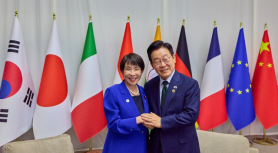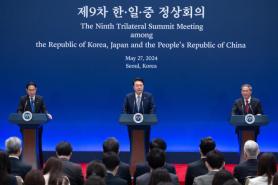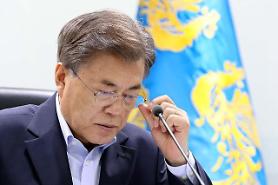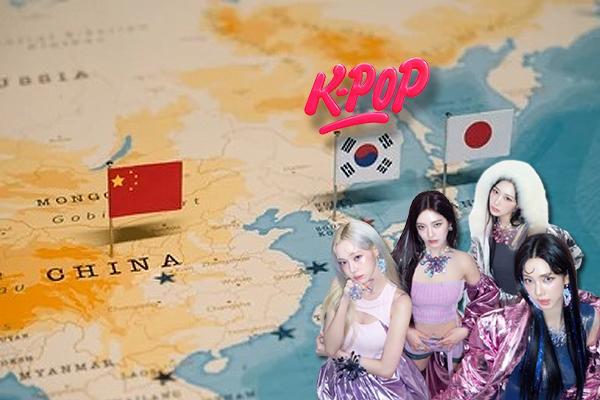
SEOUL, November 20 (AJP) - K-pop groups that have recently become regulars on Japanese television are once again caught in the crossfire between China and Japan, as renewed tensions under Tokyo's new hawkish leadership spill over into pop culture.
The diplomatic standoff has revived decades-old antipathy between the two countries and is sending ripple effects across multiple fronts — from tourism to entertainment.
Chinese music platform QQ Music announced Monday via social media that a fan event for Japanese boy band JO1 scheduled for later this month in Guangzhou was canceled due to "force majeure."
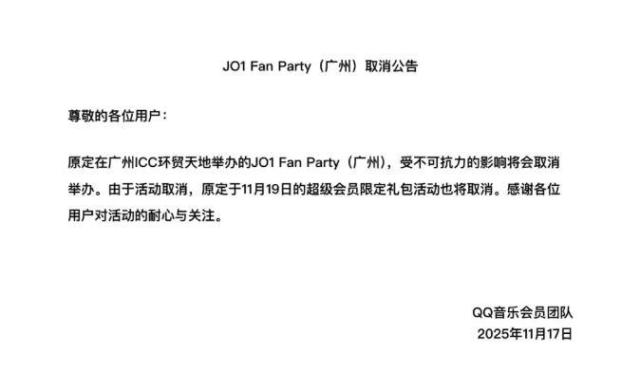
The 11-member group, formed through Produce 101 Japan in 2020 — the Japanese adaptation of the Korean idol audition franchise — is managed by Lapone Entertainment, a joint venture between CJ ENM and Yoshimoto Kogyo.
K-pop girl group aespa, which includes Chinese member Ningning, also received a direct hit. After news broke that the group would appear on NHK's year-end "Kōhaku" music program, a petition demanding their removal surfaced on change.org on Monday.
Ningning had previously drawn ire in Japan after posting mushroom-shaped lighting in 2022 that some interpreted as resembling an "atomic bomb." Petitioners argue her appearance would "damage Japan's international image" and "hurt victims of the Hiroshima bombing."
The petition gathered more than 50,000 signatures within 24 hours, rising to 70,000 as of Thursday.
The four-member group has become "one of the biggest cultural casualties of the current diplomatic rift," Hong Kong–based Sing Tao Daily wrote, adding that whether aespa ultimately performs on "Kōhaku" could serve as a barometer of the depth of the China–Japan conflict.
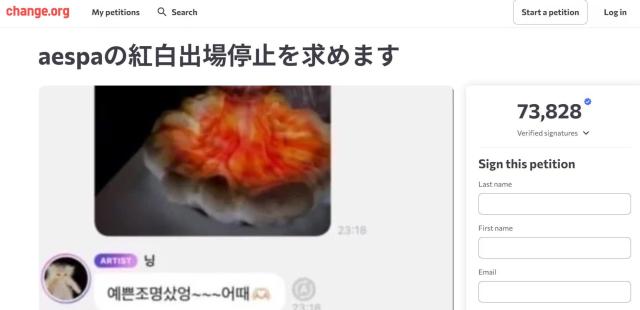
Beijing's reaction is rooted in its strict adherence to the "One China" policy, under which Taiwan is considered part of greater China.
Ahead of his third term, President Xi Jinping emphasized ideological discipline and cultural purification, leading to heightened censorship since 2021 under the stated goals of protecting youth from "harmful cultural consumption" and restoring "proper values." Korean pop culture has faced de facto sanctions under this framework.
Japanese Prime Minister Sanae Takaichi's recent comments align with long-standing defense views — that Japan may need to adopt a self-defense posture should Chinese actions toward Taiwan create a "survival-threatening situation."
Beijing denounced the remarks as provocative and insulting.
This is far from the first time Korean entertainers have been drawn into political tensions. Tzuyu of TWICE was forced to issue a public apology in 2016 after holding a Taiwanese flag on Korean television, triggering intense backlash from Chinese netizens.
EXO's Lay terminated an endorsement deal with Samsung after the company listed Taiwan and Hong Kong as separate entities on its website.
In 2019, during a Korean boycott of Japanese goods following Japan's export restrictions on semiconductor materials, some online communities demanded the removal of TWICE's Japanese members — Sana, Momo, and Mina — from Korean broadcasts.
"Asia is fundamentally collectivist. They cannot separate individuals from the actions of their group or nationality," said Yu Hyun-jae, professor at Sogang University's College of Communication, explaining that such reactions reflect deeper cultural patterns in East Asia.
"Social media is extremely powerful. Information spreads fast regardless of facts or nuance, making it an ideal environment for agitation. Fan communities that grow under these conditions can easily become distorted or extreme," he added.
Copyright ⓒ Aju Press All rights reserved.


